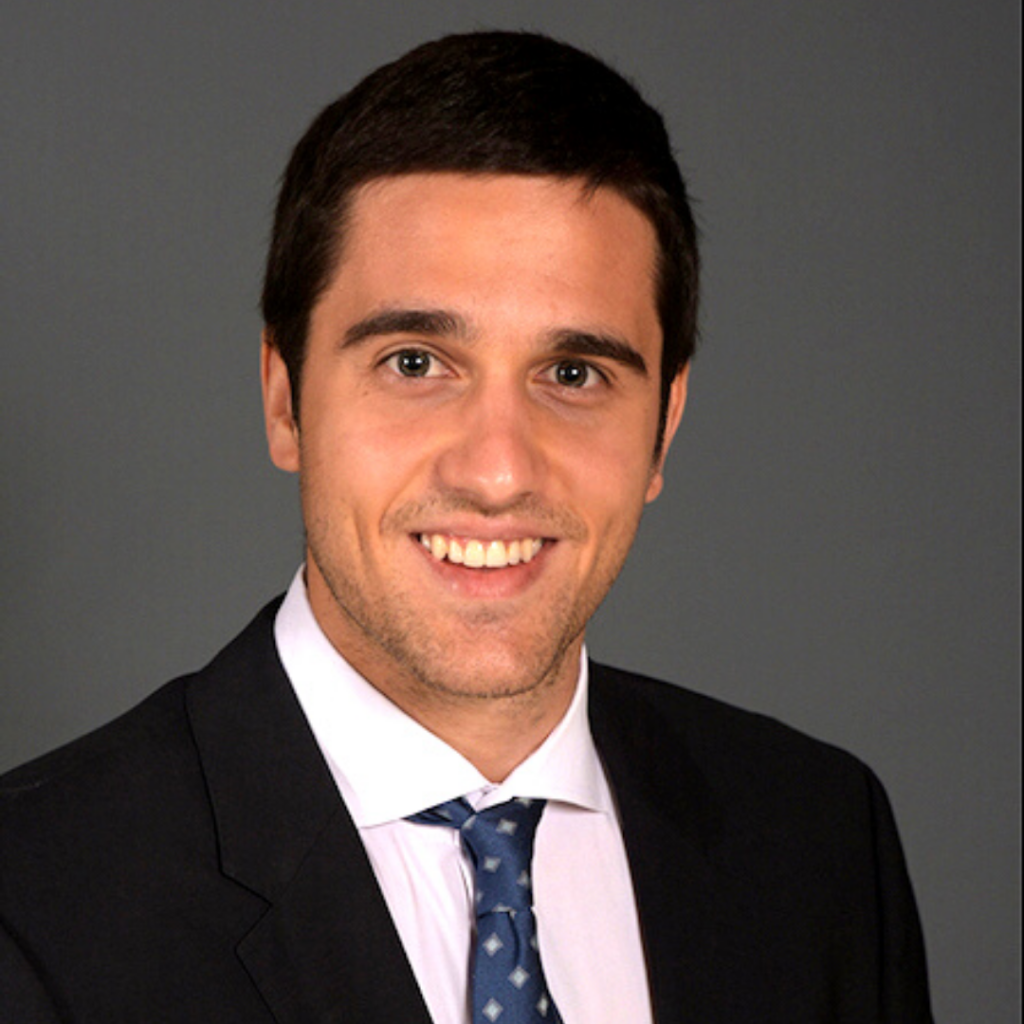Apr 4, 2024
Research Update: Shining a light on progress from past Clinician-Scientist Emerging Leader awardees
Since their launch in 2017, Fighting Blindness Canada’s Clinician Scientist Emerging Leader (CSEL) Awards have supported 14 ophthalmologists in training who are incorporating research into their careers. Below we share the impact that donor funding has had in advancing the work of three of Canada’s future clinical stars.
DR. FELFELI: DEVELOPING A BETTER WAY TO TREAT UVEITIS

Dr. Tina Felfeli is completing a PhD about uveitis alongside an ophthalmology residency at the University of Toronto.
Uveitis is a form of eye inflammation that can be caused by infection or injury. It can be very serious and lead to permanent vision loss if not diagnosed and treated correctly. Each patient with uveitis is unique in how they respond to treatments and trial and error is often required to determine the best plan for each patient.
Dr. Tina Felfeli’s project is using proteomics, artificial intelligence and economic modelling to identify better personalized diagnostic and treatment strategies for non-infectious uveitis. In collaboration with scientists in Japan, Dr. Felfeli has helped collect 500 retinal fluid samples from patients with uveitis. These samples are being analyzed to identify biomarkers that are different between patients with different types of uveitis or who had different responses to treatment. Once these unique features are identified it may help researchers understand why some patients have better outcomes or to recognize patients who need more advanced or aggressive treatment early.
DR. ONG TONE: TESTING GENE THERAPY TO TREAT FUCHS ENDOTHELIAL CORNEAL DYSTROPHY

Dr. Stephan Ong Tone, MD, PhD, is a clinician-scientist at Sunnybrook Health Sciences Centre and Sunnybrook Research Institute, and an assistant professor at the University of Toronto.
Dr. Ong Tone has been developing a CRISPR-based gene therapy to treat Fuchs endothelial corneal dystrophy (FECD), an eye disease that can cause vision loss due to fluid accumulation in the cornea. While gene therapy is currently being tested and used to treat some retinal diseases, there is currently no gene therapy for FECD. With Fighting Blindness Canada funding, Dr. Ong Tone has found that certain viruses are better than others to deliver gene therapy to specific corneal cells. Dr. Ong Tone hopes that this information will be used to develop and test a novel gene therapy for FECD.
DR. POPOVIC: COMPARING TWO COMMON TREATMENTS FOR RETINAL DETACHMENT

Dr. Marko Popovic is a resident in the Department of Ophthalmology and Vision Sciences at the University of Toronto.
Dr. Popovic’s project focuses on retinal detachment. Retinal detachment occurs when the retina pulls away from the back of the eye. It is relatively common, with one in every 300 people experiencing it in their life and it can lead to vision loss if not treated. Dr. Popovic used an epidemiological approach to identify the most optimal treatment for retinal detachment. Dr. Popovic found that two of the most common procedures, pneumatic retinopexy and vitrectomy, had different financial costs and different success rates. This information was published in the journal Ophthalmology Retina and may help retina specialists decide on the best treatment for their patients. As a follow up to this work Dr. Popovic will be studying if patients facing retinal detachment have higher levels of anxiety and if there are specific factors that could reduce it.
Fighting Blindness Canada has launched another round of the CSEL awards and we look forward to sharing the results later this year!
Join the Fight!
Learn how your support is helping to bring a future without blindness into focus! Be the first to learn about the latest breakthroughs in vision research and events in your community by subscribing to our e-newsletter that lands in inboxes the beginning of each month.

